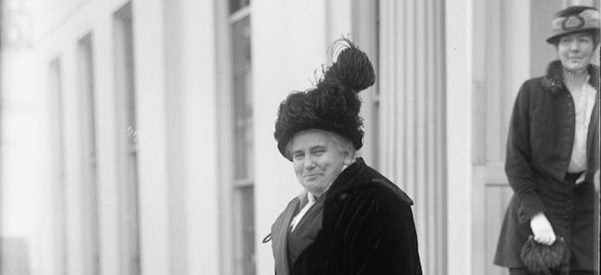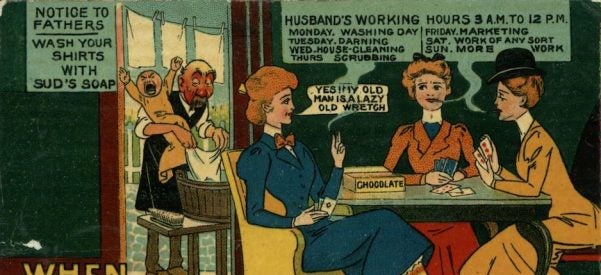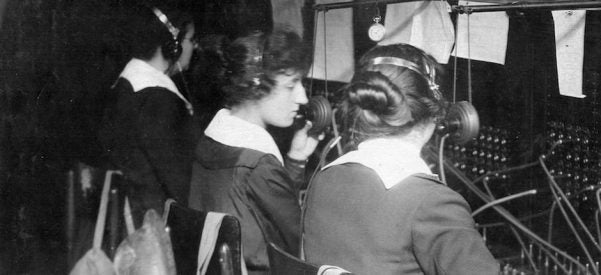How Midwestern Suffragists Used Anti-Immigrant Fervor to Help Gain the Vote
Women Fighting for the Ballot Saw German Men as Backward, Ignorant, and Less Worthy of Citizenship Than Themselves
In September 1914, the nationally renowned suffragist Anna Howard Shaw spoke to a large crowd at a Congregational Church in Yankton County, South Dakota. Shaw, a slight but charismatic 67-year-old, was a masterful speaker who could be both reserved and lively. She was there to support an amendment on the ballot that would give women in the state the right to vote. It was neither her first visit to South Dakota nor even to Yankton County; during South Dakota’s 1890 …




